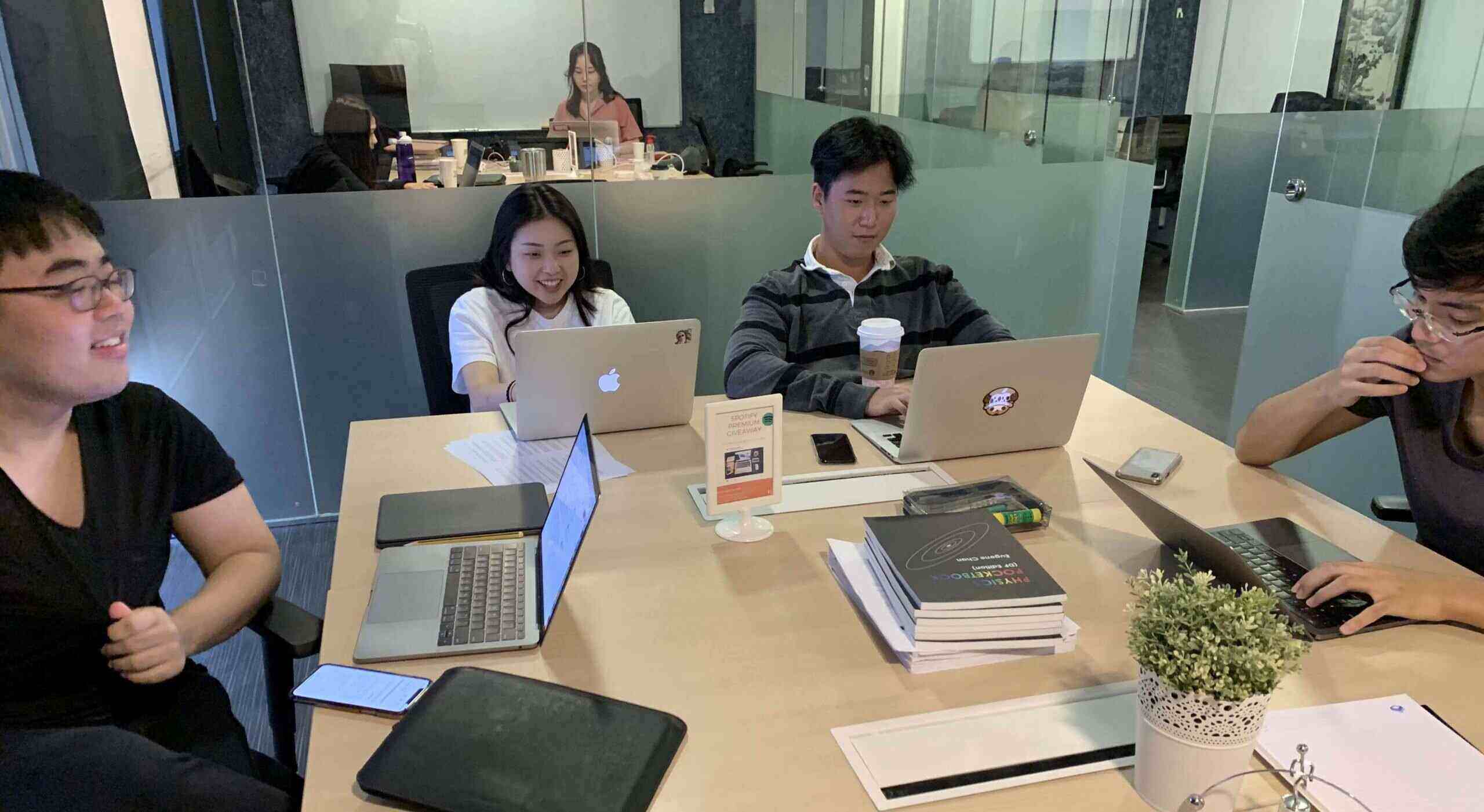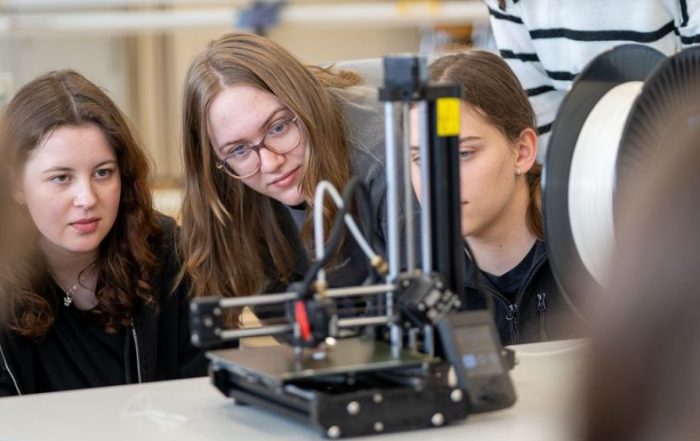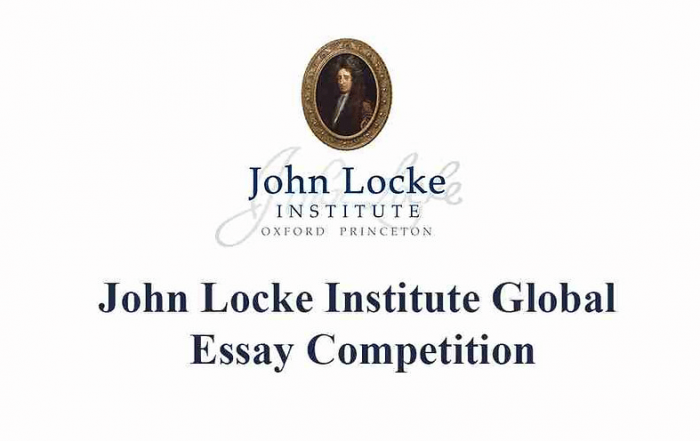THE IB DIPLOMA PROGRAMME
The International Baccalaureate Diploma Programme (IBDP) is a post-secondary education programme, taken by students between the ages of 16 and 18. In Singapore, it is an alternative to the Singapore GCE A-level and Polytechnic Diploma. Well-regarded internationally, the IB diploma programme is recognised by universities worldwide.
The IBDP’s key strength is in its depth and breadth of assessment. Immersed in a range of subjects, students are exposed to holistic learning, independent research, non-academic activities, and flourish in world-class education system.
IB students are required to take a total of 6 examinable subjects, 3 at higher level (HL) and 3 at standard level (SL). In general, IB subjects that are taken at HL tend to be more challenging as compared to their SL counterparts. IB advises an estimated 240 hours of instruction time for HL subjects and 160 hours for SL subjects.
What is the IB Diploma Programme?
The International Baccalaureate Diploma Programme (IBDP) is a post-secondary education programme, taken by students between the ages of 16 and 18. In Singapore, it is an alternative to the Singapore GCE A-level and Polytechnic Diploma. Well-regarded internationally, the IB diploma programme is recognised by universities worldwide.
The IBDP’s key strength is in its depth and breadth of assessment. Immersed in a range of subjects, students are exposed to holistic learning, independent research, non-academic activities, and flourish in world-class education system.
IB students are required to take a total of 6 examinable subjects, 3 at higher level (HL) and 3 at standard level (SL). In general, IB subjects that are taken at HL tend to be more challenging as compared to their SL counterparts. IB advises an estimated 240 hours of instruction time for HL subjects and 160 hours for SL subjects.
Apart from the final IB exams, IB students are also required to complete additional coursework components, majority of which counting towards their final IB grades. Typically, these courseworks are completed over several months. To do so, students will have to embark on their own independent research, typically with assistance from resources beyond their curriculum and IB tutors.
The three coursework components IB diploma students will have to complete are:
- Theory of Knowledge (TOK)
- Extended Essay (EE)
- Creativity, Action, Service (CAS)

The IB Diploma Structure
IB students are required to take a total of 6 examinable subjects, 3 at higher level (HL) and 3 at standard level (SL). In general, IB subjects that are taken at HL tend to be more challenging as compared to their SL counterparts. IB advises an estimated 240 hours of instruction time for HL subjects and 160 hours for SL subjects. Some subjects like ESS, Math studies, and Further Maths are only available at one level.

Apart from the final IB exams, IB students are also required to complete additional coursework components, majority of which counting towards their final IB grades. Typically, these courseworks are completed over several months. To do so, students will have to embark on their own independent research, typically with assistance from resources beyond their curriculum and IB tutors.
The three coursework components IB diploma students will have to complete are:
The IB aims to nurture students who are principled, risk-takers, open-minded and thinkers. The organisation’s dedication to creating a community of life-long learners well-versed in the values of citizenship and moral practice is clear. An intellectually challenging curricula, the IB exams often have a global average of 30 points. In the past years, students from Singapore have outperformed the global average in the IB exams. Students taking the IB at ACS (Independent), SJI (Independent) account for almost half of the world’s 45 pointers in the IB. To do well in the IB, students should focus on IB content mastery, do well in IB coursework like the IA, EE, and TOK.
QE is Singapore’s leading IB tuition specialists. We offer a range of IB tuition programmes for students in Singapore IB schools, International IB schools (online classes). All IB programmes are intelligently designed by IB examiners, IB graduates from Singapore’s leading schools. These courses provide comprehensive coverage on textbook content, question practice, review, and IB coursework. Read more about our IB tuition programmes here.
The programme offers a chance for the all-rounder to shine, while providing those with a clear focus of their ambitions with a worthwhile grounding for further study.
RECENT BLOGPOSTS
如何进行学术研究(以 STEM 领域为例)
在 STEM(科学、技术、工程和数学)领域进行学术研究,并非仅仅是在网上搜索信息这么简单,它是一个严谨的过程,包括提出问题、查阅文献、收集数据,以及系统地分析数据以得出有效结论。以下是研究过程的各个阶段,并配有 STEM 各学科的示例。 第一步:明确一个清晰、有针对性的研究问题 在科学领域,你的研究问题应具备: 具体性 可测试性或可测量性 基于理论或现有文献 示例问题: 生物学:温度变化如何影响淀粉酶分解淀粉的速率? 物理学:在现实(非真空)条件下,发射角度对抛射体射程的影响程度如何? 计算机科学:图的密度如何影响迪杰斯特拉算法的时间复杂度? 数学:如何运用博弈论对零和矩阵博弈中的决策进行建模? 第二步:进行背景研究 从探索教科书、综述文章和研究论文入手,以: 理解关键概念、定义和模型 找出该领域当前的争议点或研究空白 为你的研究建立理论框架 搜索渠道: PubMed:生物医学和生命科学领域 arXiv.org:物理学、数学、计算机科学预印本 IEEE Xplore:工程和计算领域 ScienceDirect、SpringerLink、JSTOR 大学图书馆和谷歌学术 使用 “系统综述”“实验对比”“定量模型” 或 “计算分析” 等术语,以精准检索学术文章。 第三步:设计研究方法 选择适合你所在学科的研究方法: 实验法(生物学、物理学): [...]
How to Do Academic Research (With STEM Examples)
Academic research in STEM (Science, Technology, Engineering, and Mathematics) is not simply about searching facts online—it's a rigorous process of formulating a question, reviewing the literature, gathering data, and analysing it systematically to reach [...]
如何在约翰・洛克论文竞赛中脱颖而出:基于策略与理论的指南
约翰・洛克研究所论文竞赛是一项竞争极为激烈的赛事。要在众多成绩优异的参赛者中崭露头角,仅仅依靠清晰的文笔或坚定的观点是不够的,还需要具备知识深度、原创性,以及对理论的精准把握。 基于我们指导众多学生参加此项竞赛所积累的经验,本指南剖析了究竟是什么成就了一篇获奖论文,并借鉴了往届获奖者的经验之谈。 1. 相关性:精确剖析问题 最常见的误区之一就是对问题产生误解,或者只是表面地探讨问题。优秀的论文会: 识别出问题中隐含的关键假设。 定义那些模糊或有争议的术语,且要带有理论层面的细微差别。 清晰界定问题的范围,明确你将探讨哪些内容,哪些不会涉及。 🔍 案例研究:2024 年经济学第一题:“全球最优人口数量是多少?”✅ 高水平的学生剖析 “最优” 这个词时,不仅仅将其理解为 “理想的”,还会从多个角度进行分析: 经济角度:人均产出、配置效率。 环境角度:可持续性和生态阈值。 社会角度:平等、包容性和人口结构公正。 他们还会思考最优状态是静态的还是动态的,以及哪些指标可以为规范性主张提供依据。 2. 平衡性:构建经得起反驳的论点 一篇优秀的论文会提出明确的立场,但也不会回避最有力的反论点。一篇获奖论文的出众之处不仅仅在于结论,更在于它能在批评面前站得住脚。 🎯 使用 “论点 - 反论点 - 强化论点” 的方法:例如(2024 年经济学第三题):成功的商人是在赚钱的时候、花钱的时候,两者皆有,还是两者都没有让他人受益呢? 主要论点:成功的商人在赚钱时通过创造就业机会和促进生产力增长使他人受益。 反论点:但他们可能会剥削工人或损害环境。 强化论点:这些结果取决于监管框架;在适当的制度下,价值创造会大于资源榨取。 这种辩证的结构在优秀的参赛作品中很常见,展现出了知识层面的成熟度。 3. [...]
How to Excel in the John Locke Essay Competition: A Tactical, Theory-Driven Guide
The John Locke Institute Essay Competition is a highly competitive event. Standing out among high-achieving applicants takes more than just clear writing or a strong opinion—it takes intellectual depth, originality, and a sharp command [...]








